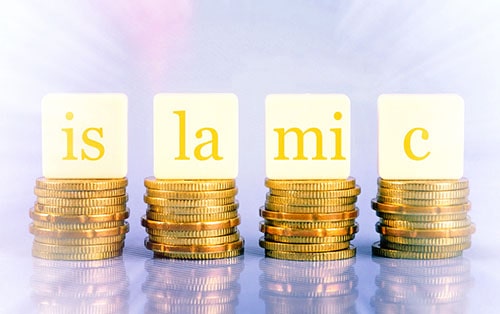Islamic finance or the Islamic financial system — is a type of financial activity, a way of managing money that complies with the moral principles of Sharia. This concept refers to such aspects as investment, savings, and borrowing. The main difference between Islamic finance and the traditional banking system is that some of the methods and principles used in traditional finance are strictly prohibited by Sharia law. The central taboo is receiving interest or remuneration for a loan.
The history of the development of the Islamic finance
Islamic finance arose simultaneously with the founding of Islam, but the formation of the Islamic banking system took place only in the 20th century.
 The Egyptian economist Ahmad al-Naggar made the first attempt to create a full-fledged bank operating following the principles of Sharia. In 1963, he organized an Islamic savings bank in the city of Mit Ghamr, and after four years, nine banks of such kind were operating in Egypt.
The Egyptian economist Ahmad al-Naggar made the first attempt to create a full-fledged bank operating following the principles of Sharia. In 1963, he organized an Islamic savings bank in the city of Mit Ghamr, and after four years, nine banks of such kind were operating in Egypt.
In the 1970s, as part of the revival of Islamic identity and due to political changes in many Muslim countries, Islamic financial institutions began to develop very actively. Especially numerous Islamic banks at that time opened in the countries of the Middle East.
At the time of the emergence of Islamic banks in the middle of the 20th century, many perceived them as propaganda of Islam, but very soon they began to be treated as a serious, rapidly developing commercial project. At the beginning of the 21st century, the Islamic finance sector showed significant growth, reaching 15-25% per year.
Restrictions and main rules of Islamic banking
The main rule of Islamic banking is the belief that money itself should not have value. It should be perceived only as a means of exchange for goods and services of real value. According to the principles of the Islamic financial system, banks must be responsible both to the client and to society as a whole. Each transaction must be organized on transparent and fair terms.
The main rules of the Islamic financial system include:
- the prohibition of riba, that is, the prohibition of usury or the receipt of interest on loans. In Islam, interest-bearing loan that favors the lender at the expense of the borrower is considered an exploitative practice and even a fraud;
- the prohibition of gharar, that is, the prohibition of ambiguity and risk, which make the outcome of a transaction uncertain. Transactions with excessive and unjustified risk following the Sharia law are invalid. Exchange instruments such as futures, options, leverage and some others are prohibited;
- the prohibition of meysir (in literal translation — “gambling”) — is the prohibition of any speculation, the receipt of random profits without effort.
Investing in such prohibited types of business as the production and sale of alcohol and tobacco, the production or distribution of pornography, as well as prostitution, the production and sale of pork, the production and sale of idols, and gambling is also considered haram or a sinful act for Muslims.
According to Sharia, the system of Islamic finance bases on such principles as:
- inviolability and obligatory fulfillment of contractual obligations,
- equal distribution of risks,
- justice in the distribution of wealth,
- balance between economic well-being and social justice,
- compliance with moral standards,
- law enforcement,
- condemnation of monopolization.
At the same time, it is worth noting that everyone is allowed to use the products and services of Islamic finance, and it is not necessary to be a Muslim for this.
 The Egyptian economist Ahmad al-Naggar made the first attempt to create a full-fledged bank operating following the principles of Sharia. In 1963, he organized an Islamic savings bank in the city of Mit Ghamr, and after four years, nine banks of such kind were operating in Egypt.
The Egyptian economist Ahmad al-Naggar made the first attempt to create a full-fledged bank operating following the principles of Sharia. In 1963, he organized an Islamic savings bank in the city of Mit Ghamr, and after four years, nine banks of such kind were operating in Egypt.